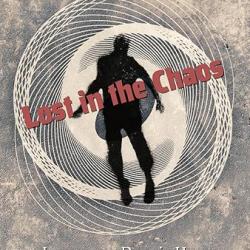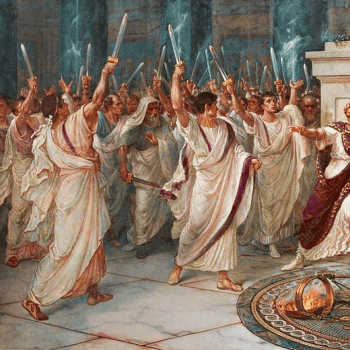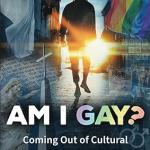“And the world,” he said. “It’s so…lovely. I’m very grateful to be alive, even though I know a lot of dead people.” The urge to be grateful, he said, is not a function of his faith. It’s not “the Gospel tells us” and therefore we give thanks. It is what he has always felt: grateful to be alive. “And so that act, that impulse to be grateful, wants an object. That object I call God. Now, that could be many things. I was raised in a Catholic tradition. I’ll start there. That’s my context for my existence, is that I am here to know God, love God, serve God, that we might be happy with each other in this world and with Him in the next—the catechism. That makes a lot of sense to me. I got that from my mom. And my dad. And my siblings.”
He was tracing an arc on the table with his fingers and speaking with such deliberation and care. “I was left alone a lot after Dad and the boys died…. And it was just me and Mom for a long time,” he said. “And by her example am I not bitter. By her example. She was not. Broken, yes. Bitter, no.” Maybe, he said, she had to be that for him. He has said this before—that even in those days of unremitting grief, she drew on her faith that the only way to not be swallowed by sorrow, to in fact recognize that our sorrow is inseparable from our joy, is to always understand our suffering, ourselves, in the light of eternity. What is this in the light of eternity? Imagine being a parent so filled with your own pain, and yet still being able to pass that on to your son.
“It was a very healthy reciprocal acceptance of suffering,” he said. “Which does not mean being defeated by suffering. Acceptance is not defeat. Acceptance is just awareness.” He smiled in anticipation of the callback: “ ‘You gotta learn to love the bomb,’ ” he said. “Boy, did I have a bomb when I was 10. That was quite an explosion. And I learned to love it. So that’s why. Maybe, I don’t know. That might be why you don’t see me as someone angry and working out my demons onstage. It’s that I love the thing that I most wish had not happened.”
I love the thing that I most wish had not happened.
I asked him if he could help me understand that better, and he described a letter from Tolkien in response to a priest who had questioned whether Tolkien’s mythos was sufficiently doctrinaire, since it treated death not as a punishment for the sin of the fall but as a gift. “Tolkien says, in a letter back: ‘What punishments of God are not gifts?’ ” Colbert knocked his knuckles on the table. “ ‘What punishments of God are not gifts?’ ” he said again. His eyes were filled with tears. “So it would be ungrateful not to take everything with gratitude. It doesn’t mean you want it. I can hold both of those ideas in my head.”
He was 35, he said, before he could really feel the truth of that. He was walking down the street, and it “stopped me dead. I went, ‘Oh, I’m grateful. Oh, I feel terrible.’ I felt so guilty to be grateful. But I knew it was true.
“It’s not the same thing as wanting it to have happened,” he said. “But you can’t change everything about the world. You certainly can’t change things that have already happened.”
Consider that this is coming from a man who millions of people will soon watch on their televisions every night—if only there were a way to measure the virality of this, which he’ll never say on TV, I imagine, but which, as far as I can tell, he practices every waking minute of his life.
See also this commentary.
Some of these same themes also came out in Colbert’s interview with Joe Biden.
















